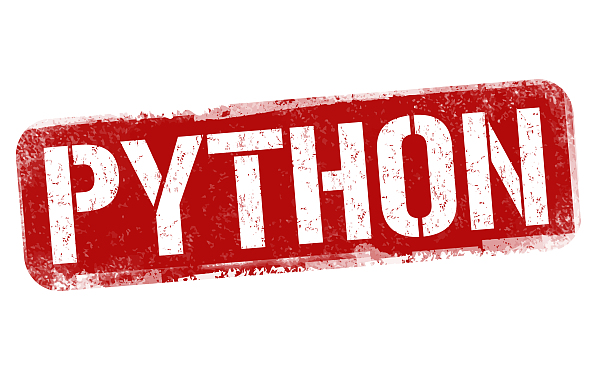Print either an integer or a float with n decimals
·
Answer a question
In Python, how can one print a number that might be an integer or real type, when the latter case would require me to limit my printout to a certain amount of digits?
Long story short, say we have the following example:
print("{0:.3f}".format(num)) # I cannot do print("{}".format(num))
# because I don't want all the decimals
Is there a "Pythy" way to ensure e.g. in case num == 1 that I print 1 instead of 1.000 (I mean other than cluttering my code with if statements)
Answers
With Python 3*, you can just use round() because in addition to rounding floats, when applied to an integer it will always return an int:
>>> num = 1.2345
>>> round(num,3)
1.234
>>> num = 1
>>> round(num,3)
1
This behavior is documented in help(float.__round__):
Help on method_descriptor:
__round__(...)
Return the Integral closest to x, rounding half toward even.
When an argument is passed, work like built-in round(x, ndigits).
And help(int.__round__):
Help on method_descriptor:
__round__(...)
Rounding an Integral returns itself.
Rounding with an ndigits argument also returns an integer.
* With Python 2, round() always returns a float.
更多推荐
 已为社区贡献126445条内容
已为社区贡献126445条内容







所有评论(0)